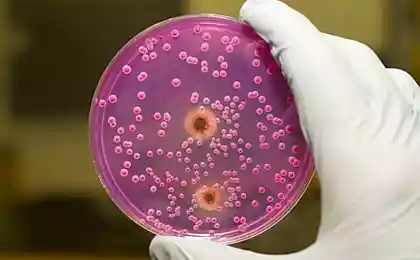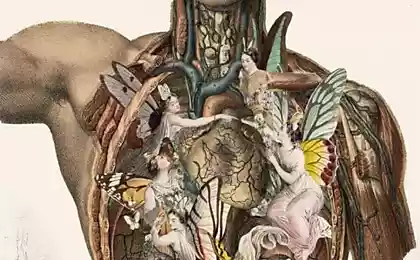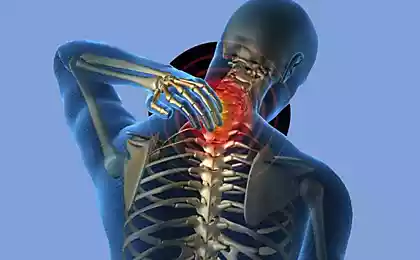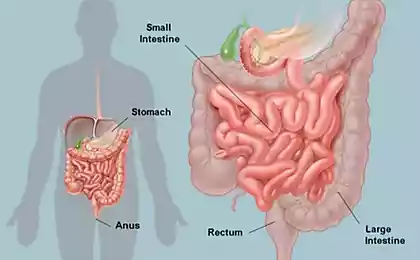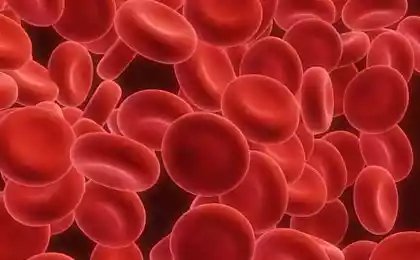198
Candida in the gut. Causes of appearance, symptoms, treatment

The development of intestinal candidiasis occurs with disorders of the gastrointestinal microflora, accompanied by symptoms of candidomycosis and the presence of fungus in the smear. Candida is constantly present in the gastrointestinal tract and it is from there that it can spread throughout the body. Different factors contribute to the development of the condition: the presence of diabetes mellitus, microflora disorders, anemia, stress conditions, AIDS and so on. Even a decrease in the natural defense of the body can cause an excessive increase in the number of fungi.
Candida also develop in certain periods of life, including the disease is often complained of during menopause, during pregnancy, it is detected in newborns. Negatively affects poor ecology, hormone imbalance, surgical interventions on the stomach, cirrhosis, the use of steroids, intolerance to certain types of products, malnutrition, diverticulosis of the colon. The need for examination and treatment remains at the discretion of the doctor.
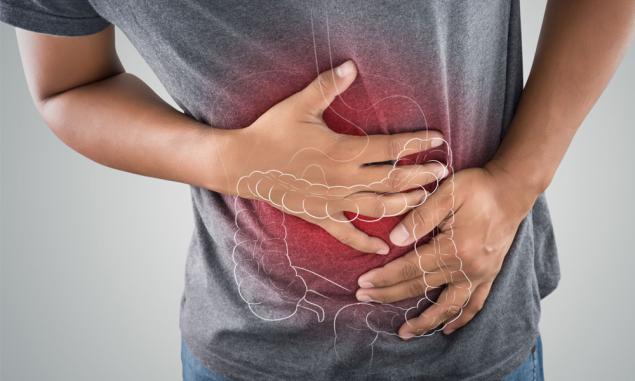
Diagnosis in case of suspected excessive amount of candida
The sequence of actions is as follows:
- Survey to clarify all factors and obtain an anamnesis.
- Conducting clinical studies and their analysis.
- Verification of the intestinal tract by gasochromatographic microbiological methods.
- Obtaining smear prints from the esophagus and mucous membranes of the mouth.
- Crops of biological fluids (if there is a suspicion of systemic damage).
- Check for the effectiveness of treatment, the delivery of inflammatory markers and so on.
What symptoms can be suspected of defeat?
With excessive growth, candidas most often note pain in the problem area, dysbiosis, flatulence, the presence of mucus in the stool, subfebrile temperature, headache, weakness. Additionally, thrush may develop in the genital area, stomatitis. Immune protection falls, and with a deep lesion, the lungs, digestive, respiratory and genitourinary systems are affected.
Treatment
During treatment, the following is prescribed:
- antifungal formulations, including antibiotics;
- Triazole, MPH;
- bacillary, cyprosept;
- enterol;
- probiotics;
- Enterosorbents;
- stimulants to increase immunity;
- Hepatoprotectors.
To achieve the result, it takes from 6 weeks, long-term therapy is often necessary, the choice of drugs is performed individually. Rational nutrition is also required, and the amount of sugar-containing products is reduced.

Look around and see if there's a lining in your house, two sure signs.
Amphilochius Pochaevsky will hurry to help, just pray sincerely





